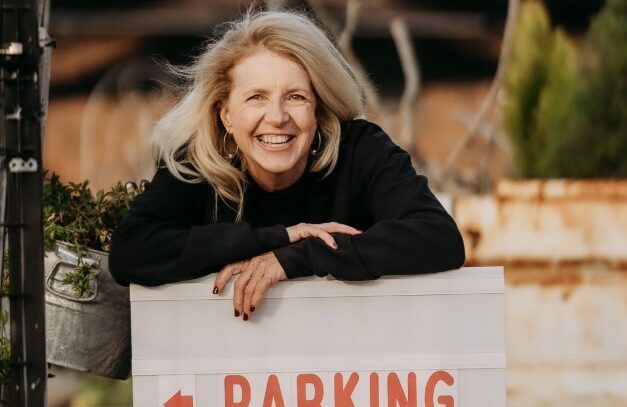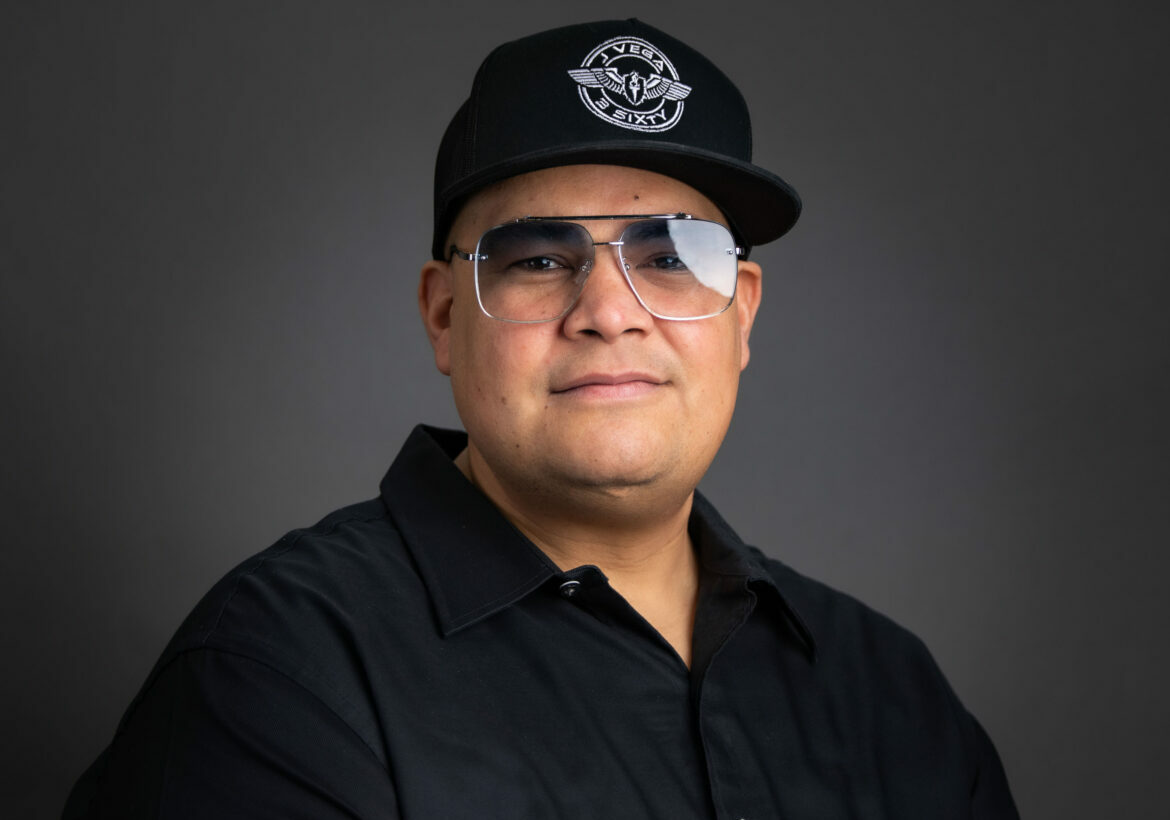Alright – so today we’ve got the honor of introducing you to Justin Wong. We think you’ll enjoy our conversation, we’ve shared it below.
Justin, thrilled to have you on the platform as I think our readers can really benefit from your insights and experiences. In particular, we’d love to hear about how you think about burnout, avoiding or overcoming burnout, etc.
I’m a very strong believer in the importance of maintaining balance in my life to stay as mentally and emotionally healthy as possible. Overcoming burnout involves a very intentional and ongoing effort to maintain my well-being, which includes regular self-check-ins and prioritizing self-care.
Regularly assessing my emotional and physical well-being helps me stay attuned to my stress levels and potential signs of burnout. Reflecting on how I am currently and have been feeling lately helps me identify imbalances or dissatisfactions in my life in order to make necessary adjustments.
As difficult as it may be at times to move my own needs up the neverending “to do list”, I frequently need to reinforce the direct and indirect benefits of doing so. Prioritizing my self-care means integrating activities that rejuvenate and enrich my life, such as exercise, time with family/friends, and playing with my dog. It also involves setting boundaries to avoid overcommitment. I believe that in order to be my best self, I need to make sure I am taking care of myself as well as all the other responsibilities in my personal and professional life.

Thanks, so before we move on maybe you can share a bit more about yourself?
I am co-founder of a small therapy private practice called Path to Growth Counseling. I am a mental health therapist with a specialty in working with career-driven individuals who are struggling with some sort of mental or emotional block that impedes them from feeling more satisfied within their lives. I am a strong believer in taking an active approach towards feeling better. This means that in order for things to change for the better, it requires people to be intentional about initiating that change.
The process of helping clients navigate their challenges, uncover their strengths, and achieve personal growth provides me a continual sense of purpose. I find my work incredibly engaging and fulfilling, largely due to the profound and diverse ways in which therapy can impact individuals’ lives. The dynamic nature of therapy—where no two sessions are ever the same—allows me to constantly adapt and learn. It is also incredibly powerful to work with individuals who progressively experience fulfilling personal growth.
Looking back, what do you think were the three qualities, skills, or areas of knowledge that were most impactful in your journey? What advice do you have for folks who are early in their journey in terms of how they can best develop or improve on these?
Reframing, trusting in the process, and not settling for “good enough” have been profoundly impactful in both my career and personal life. Reframing enables me to view my experiences from different perspectives, which increases the opportunities for growth and learning. This shift in mindset has allowed me to navigate difficulties with a more positive and proactive approach. Trusting in the process has instilled a sense of patience and perseverance, helping me remain committed to long-term goals even when progress seems slow or uncertain. Lastly, avoiding to settle for “good enough” drives me to validate my wants and needs, as well as trying to find balance between the anxieties of desire and loss. Together, these qualities have fostered a mindset of continuous improvement and adaptability, leading to meaningful achievements and personal satisfaction in all areas of my life.
If I could offer advice to my younger self, it would be to trust in myself and my feelings, while rejecting false narratives that could significantly alter my emotions. I would encourage myself to have greater confidence in my intuition and personal judgment, recognizing that my feelings are valid and worthwhile. Additionally, I would advise resisting the influence of misleading or negative narratives that can cloud judgment and skew perceptions. By focusing on a more accurate and compassionate understanding of my experiences, I could better navigate challenges and build a more resilient and self-assured sense of self. Embracing these principles would not only foster personal growth but also empower me to make decisions aligned with my true values and aspirations.
How would you describe your ideal client?
My ideal clients are adults who are navigating the complexities of dating and relationship challenges, grappling with issues related to self-esteem, and/or undergoing significant life transitions. These individuals are often seeking support to enhance their understanding of themselves and their relationships. They might be struggling to build or maintain healthy connections or feeling uncertain about their self-worth. Furthermore, individuals experiencing pivotal changes in their personal or professional lives often can feel overwhelmed or anxious. My ideal clients are highly motivated to make positive changes and are open to exploring strategies and insights that can help them build towards a healthier approach at addressing their concerns.
Contact Info:
- Website:www.pathtogrowthcounseling.com
- Instagram: justinwonglmft




